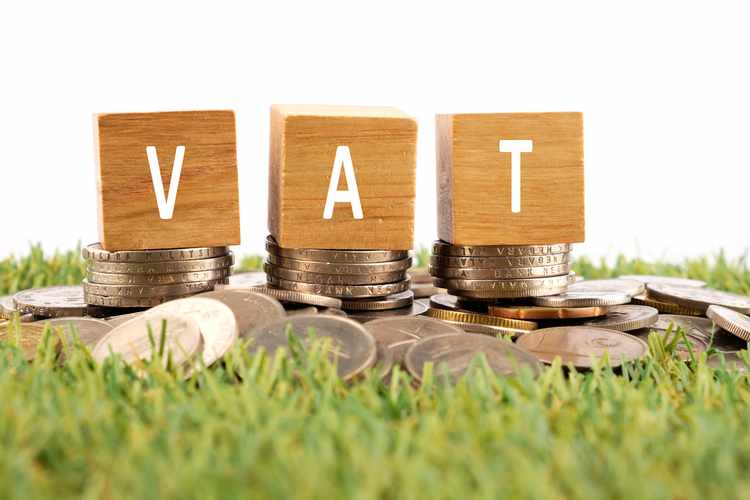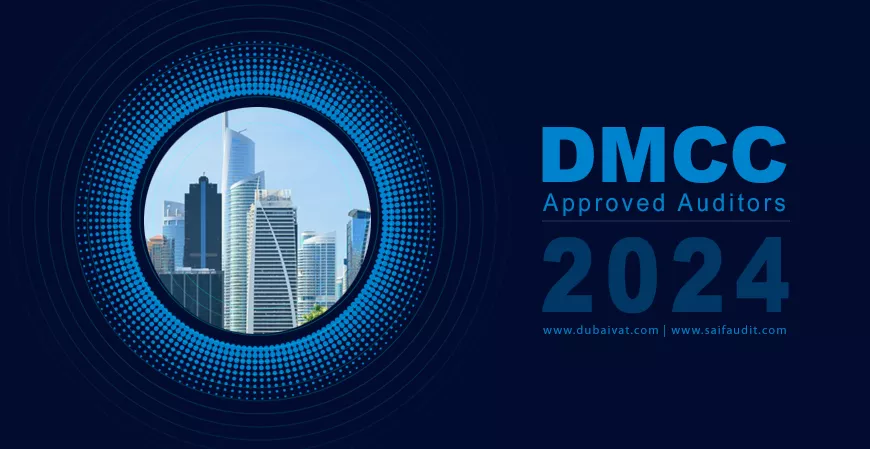Tax audits 2019

Firms should be ready for audits in 2019
Tax audits 2019: UAE businesses should be ready for tax audits by the FTA in order to check their resources and accuracy of record-keeping.
The FTA has been sending notifications to companies that they will be audited five working days after the date of the e-mail sent to them, for January 1, 2018-to-April 30, 2018 and May 1, 2018-to-July 31, 2018 tax periods.
VAT audit can be a huge upheaval for anyone who is not prepared and maintained tax records in compliance with guidelines issued by the FTA.
The businesses must prove that every expense claimed within the business is legitimate and their appropriate documents are in place. Besides expenses, each revenue is accounted for accurately and due tax is calculated and paid on timely basis.
The FTA has increased its focus on VAT compliance for businesses in recent months and issued guidelines to matters of concerns to clear out the position. Recently, there has also been a request by a few businesses for tax audits covering between one to two tax periods.
Tourist VAT refund:
The UAE launched the first phase of the tourist VAT refund scheme on November 18, allowing visitors to claim VAT refund on the purchases made in the UAE from the country’s three busiest airports – Dubai, Abu Dhabi and Sharjah – while flying out of the country within 90 days.
From December 16, phase two was rolled out from seven other locations: three airports – Al Ain International Airport, Al Maktoum International Airport and Ras Al Khaimah International Airport; two sea ports – Zayed Port in Abu Dhabi and Port Rashid in Dubai; and four land ports – Al Ghuwaifat Border Post in Abu Dhabi, Hili Border Port and Al Madheef Border Crossing in Al Ain and Dubai’s Hatta Border Exit.
By December 10, the total number of retail outlets linked to the refund scheme had reached 6,903 with 3,800 digital transactions on average being processed daily.
The UAE expects to generate Dh12 billion in revenues through VAT in 2018 and Dh20 billion in 2019, helping the government to diversity its revenues away from the petrodollars as decline in crude prices prompted the UAE, and other oil-producing nations, to look at alternatives amidst volatility in prices.
However, the UAE rolled back VAT on investments made in precious metals such as gold, silver and platinum, used in trade in accordance with internationally-accepted standards with a purity of 99 per cent or more.
Imposed as part of the framework agreed upon by the GCC states, certain segments in key sectors such as healthcare, education and transport were exempted under the new tax regime.










